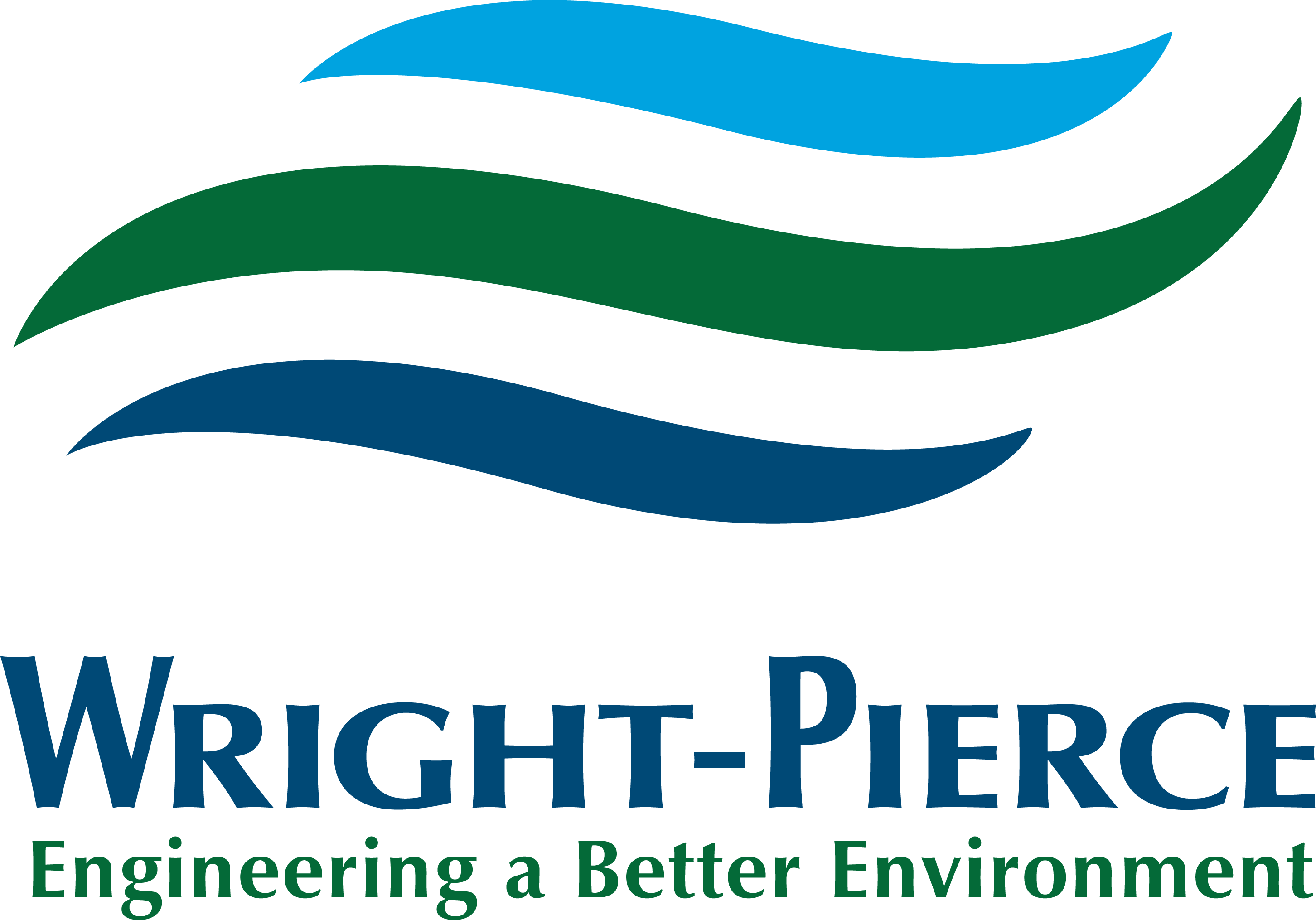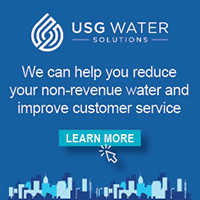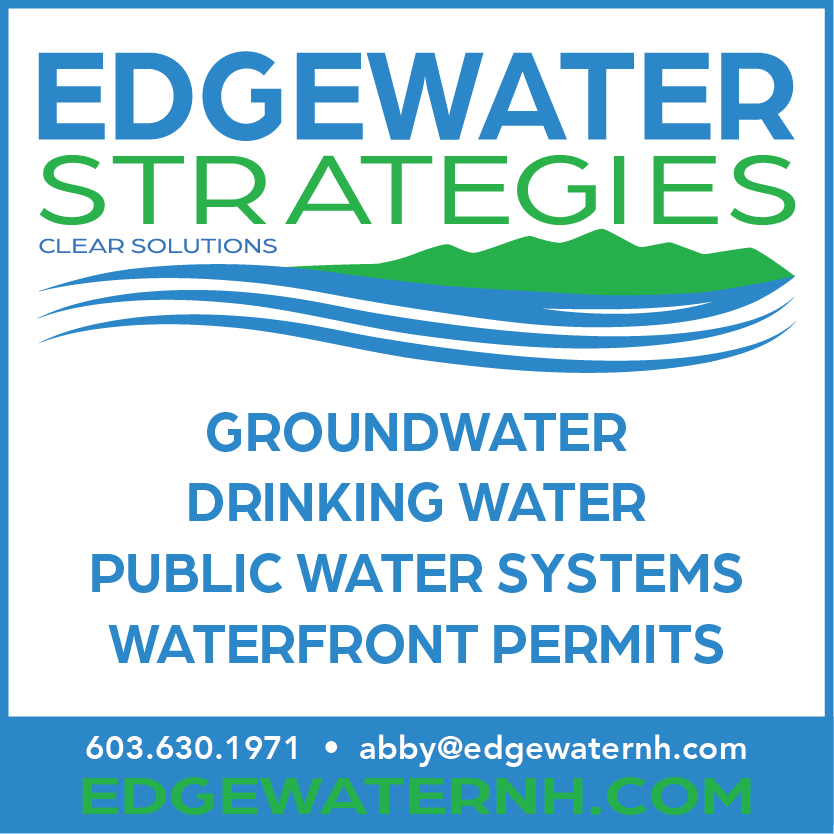DOLLARS FOR WATER
Strategic Priority No. 2 – Dollars for Water: Adequate and Assured Funding for Water Services
Strategy’s Cultural Attitudes and Behaviors: Financially Flush & Flexible; Policy-Engaged; Masters of Messaging; Collaborative
Water systems, including their equipment and infrastructure, are aging and often there are insufficient funds available at the community, state and national levels to maintain reliable service. In many communities, the current funding structures (including water rates paid by users, as well as the limited availability of governmental or other grant and loan programs), limited public understanding and engagement, and under-resourced utilities threaten the long-term viability of the state’s public water supplies.
Scenario Storylines:
- Challenge – Systems Failure: Water Utilities typically have long-standing and chronic needs for the financial resources to support both capital improvements and routine operations and maintenance. Many water utilities are particularly challenged by long-term maintenance loads. And when needs do arise, there often is a shortage of qualified contractors, thus pushing costs higher.
- Implications: System failures can have dire consequences, including service disruptions, degradation of water quality and high repair costs.
- Action: NHWWA is a respected and effective voice and advocate at the local, state and federal levels for adequate and assured financial resources for operations, maintenance, improvements and modernization of water systems. Locally-focused efforts are always led by our customers, the water utilities, whose capabilities are enhanced by the training and services that we provide to help them be effective leaders and advocates.
- Challenge – Water Rates: Some water utilities depend upon local governing and legislative body approvals to fund operations, maintenance and capital projects. Such approvals often are rejected because voters don’t connect the value of water service to the necessary cost.
- Implications: The setting of water rates can be a contentious and volatile issue in many towns, and water utility managers can always be better equipped to articulate compelling and understandable water rate and funding proposals. In many communities there are not enough water service advocates to serve as champions for and engage on behalf of their drinking water supply.
- Action: NHWWA provides members with training on developing budgets, water rate and funding strategies and tactics to articulate the need and justification for water rates.
- Challenge – Limited Staffing Impedes Grant Applications: Many water utilities have so few staff members that it is difficult for them to find the time and gain the knowledge to prepare successful applications for grants or loans. Implications: Smaller water utilities have difficulty applying and competing for needed resources, including those that might benefit multiple or all water utilities.
- Action: NHWWA provides information about these resources, including direct links to sources and listings of members that provide these services.
Living Phases:
- Phase I.
- Building upon existing efforts, including those of NHDES, determine the desired goals for achieving an adequate and assured supply of funding for water utilities over the upcoming 10 years;
- Identify existing documents that can provide fact-based support for individual funding requests, including, e.g., Emergency Response Plans (a regulatory requirement), Sanitary Survey reports and Asset Management Plans;
- Identify ways to leverage existing communications (e.g., Day Without Water / Value of Water (AWWA and WEF campaigns), to raise public awareness of water system funding needs.
- Compile, maintain and broadcast a regularly-updated list of water system funding sources.
- Phase II.
- Design and participate in multi-stakeholder initiatives to build public and legislative support for rate structures and funding mechanisms that will ensure clean, affordable and dependable water systems;
- Support water system financial models that assess and prepare both for routine operations and maintenance needs as well as climate-related impacts (e.g., droughts, floods, population growth, energy and communications disruptions, etc.). Effectively advocate at the state and federal levels to increase State Revolving Fund (SRF) and other program funding to meet actual and projected demand.
- Phase III.
- Provide grant-writing training, support, technical assistance and a shared service option to help water utilities develop sustainable rate structures and successful budget requests.








